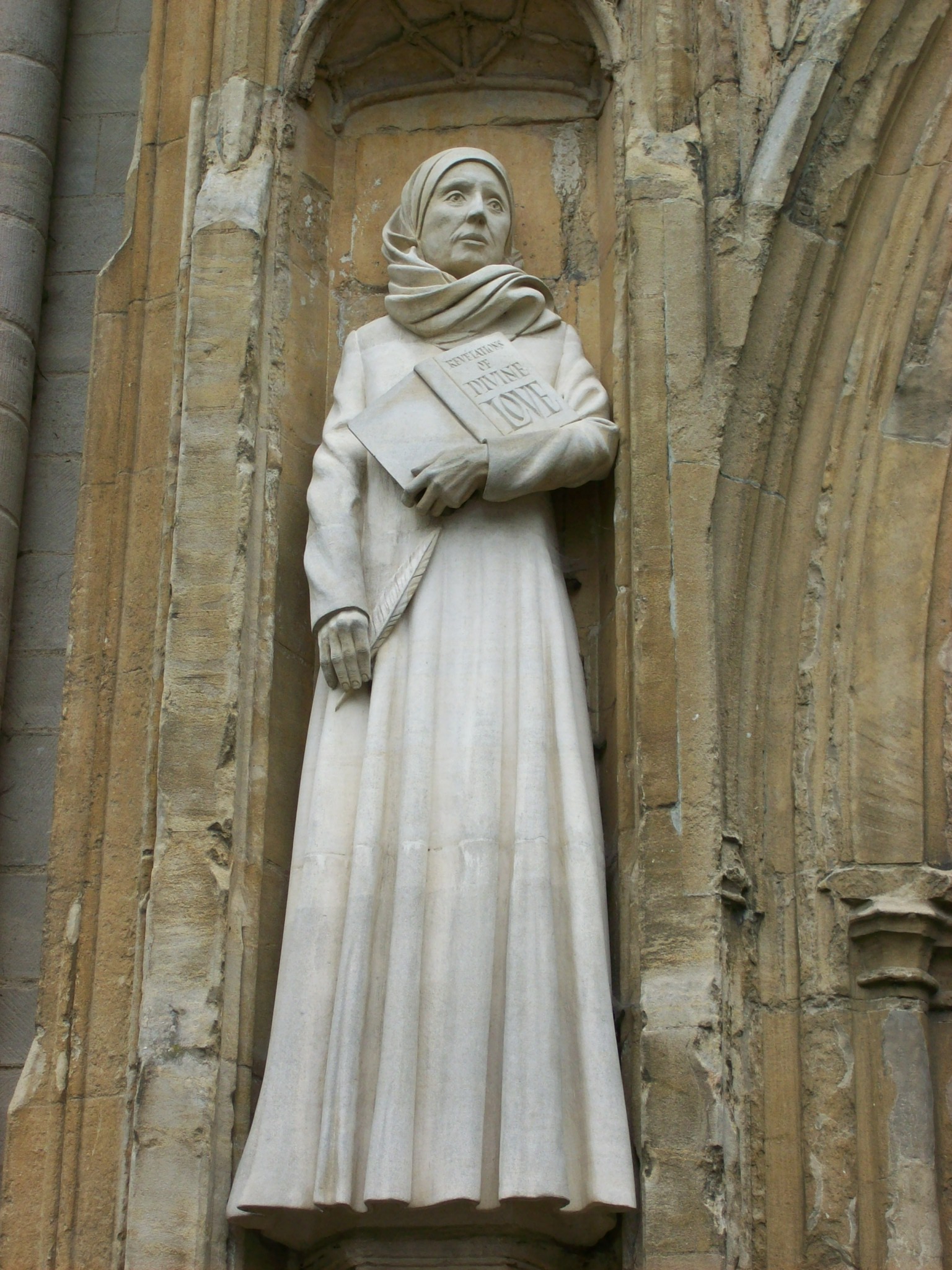Summations, Chapter 48
Context: Mercy is a sweet gracious working in love, mingled with plenteous pity: for mercy worketh in keeping us, and mercy worketh turning to us all things to good. Mercy, by love, suffereth us to fail in measure and in as much as we fail, in so much we fall; and in as much as we fall, in so much we die: for it needs must be that we die in so much as we fail of the sight and feeling of God that is our life. Our failing is dreadful, our falling is shameful, and our dying is sorrowful: but in all this the sweet eye of pity and love is lifted never off us, nor the working of mercy ceaseth.
For I beheld the property of mercy, and I beheld the property of grace: which have two manners of working in one love. Mercy is a pitiful property which belongeth to the Motherhood in tender love; and grace is a worshipful property which belongeth to the royal Lordship in the same love. Mercy worketh: keeping, suffering, quickening, and healing; and all is tenderness of love. And grace worketh: raising, rewarding, endlessly overpassing that which our longing and our travail deserveth, spreading abroad and shewing the high plenteous largess of God’s royal Lordship in His marvellous courtesy; and this is of the abundance of love. For grace worketh our dreadful failing into plenteous, endless solace; and grace worketh our shameful falling into high, worshipful rising; and grace worketh our sorrowful dying into holy, blissful life.
For I saw full surely that ever as our contrariness worketh to us here in earth pain, shame, and sorrow, right so, on the contrary wise, grace worketh to us in heaven solace, worship, and bliss; and overpassing. And so far forth, that when we come up and receive the sweet reward which grace hath wrought for us, then we shall thank and bless our Lord, endlessly rejoicing that ever we suffered woe. And that shall be for a property of blessed love that we shall know in God which we could never have known without woe going before.
And when I saw all this, it behoved me needs to grant that the mercy of God and the forgiveness is to slacken and waste our wrath.
